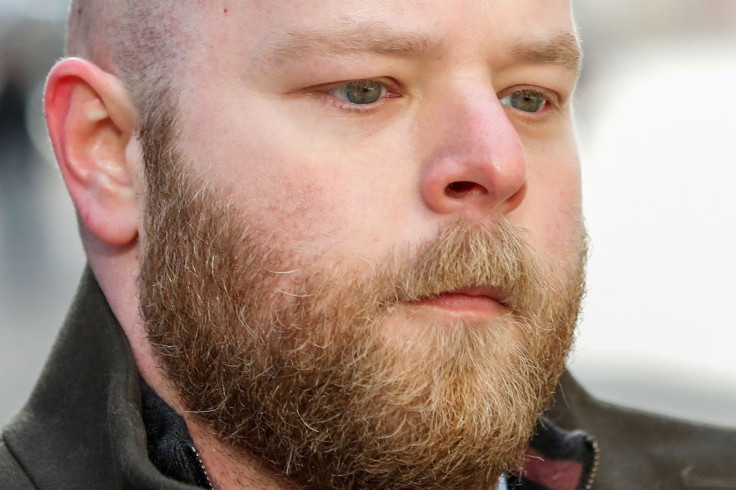Maxwell Juror Calls Failure To Disclose Abuse A 'Huge Mistake'

A juror in Ghislaine Maxwell's sex abuse trial said on Tuesday that his failure to disclose that he had been sexually abused as a child on a pre-trial screening form was a "huge mistake," but that he did not deliberately lie to get chosen for the jury.
Maxwell was convicted on Dec. 29 on five of the six counts she faced for helping the late financier and convicted sex offender Jeffrey Epstein sexually abuse underage girls.
Her lawyers demanded a new trial after Juror No. 50 told media including Reuters that he shared with other jurors his history of sexual abuse during deliberations. He said in the pre-trial screening questionnaire that he had not been sexually abused.
U.S. District Judge Alison Nathan said the juror's statements provided evidence that he responded falsely on the questionnaire. She questioned the juror about his responses at a Tuesday hearing in Manhattan federal court.
"This is one of the biggest mistakes I've ever made in my life," Juror No. 50, who testified without revealing his name, said in court.
He testified that he had been abused by a stepbrother and the stepbrother's friend when he was 9 and 10 years old. He said that looking back on the question, he should have answered "yes" when asked whether he had ever been abused, but that the experience did not bias him.
In explaining his incorrect response, the juror said he "flew through" the questionnaire.
"This is a terrible excuse, but I really didn't think I'd be chosen," Juror No. 50 testified. "I never thought I would be one of those 12."
Nathan asked if he had hoped to be selected.
"I did not hope to be on this jury," the juror said. "If you're going to serve jury duty, it might as well be something that's interesting. But I did not set out to get on this jury."
Legal experts told Reuters that not all instances of jurors failing to disclose information are significant enough to merit a new trial, noting that cases where verdicts were overturned often involved jurors who deliberately misled the judge in order to get selected.
Nathan granted the juror immunity from prosecution. The juror's lawyer had previously said the juror would invoke his constitutional right to avoid self-incrimination and decline to answer questions at the hearing.
The juror signed the pre-trial screening form under penalty of perjury, meaning he could have faced legal consequences if found to have lied.
At the close of the hearing, Nathan instructed both prosecutors and the defense to submit briefs about the juror's testimony before she rules on Maxwell's request for a new trial.
Maxwell, 60, faces up to 65 years in prison. Epstein died by suicide in 2019 at the age of 66 in a Manhattan jail cell while awaiting trial on sex trafficking charges
© Copyright Thomson Reuters {{Year}}. All rights reserved.





















